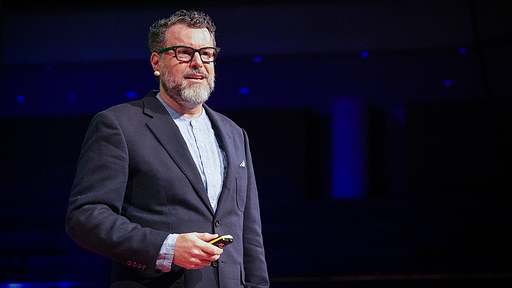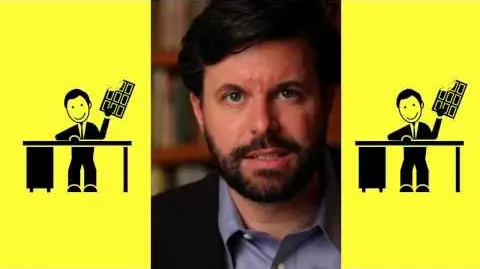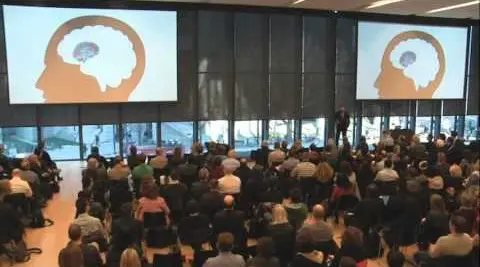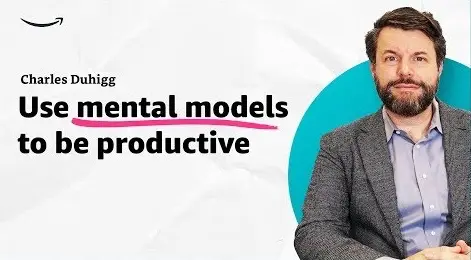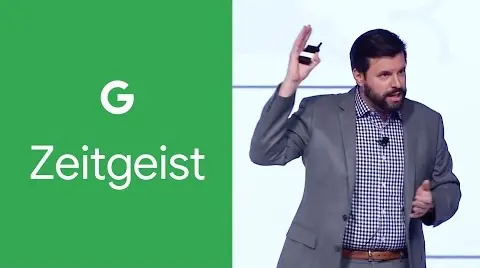Speaking
I speak regularly to companies, organizations, and universities with stories and insights about communication, habit formation and the science of productivity
If you are interested in having me speak at your event, please click here to contact The Harry Walker Agency or call 646-227-4900.
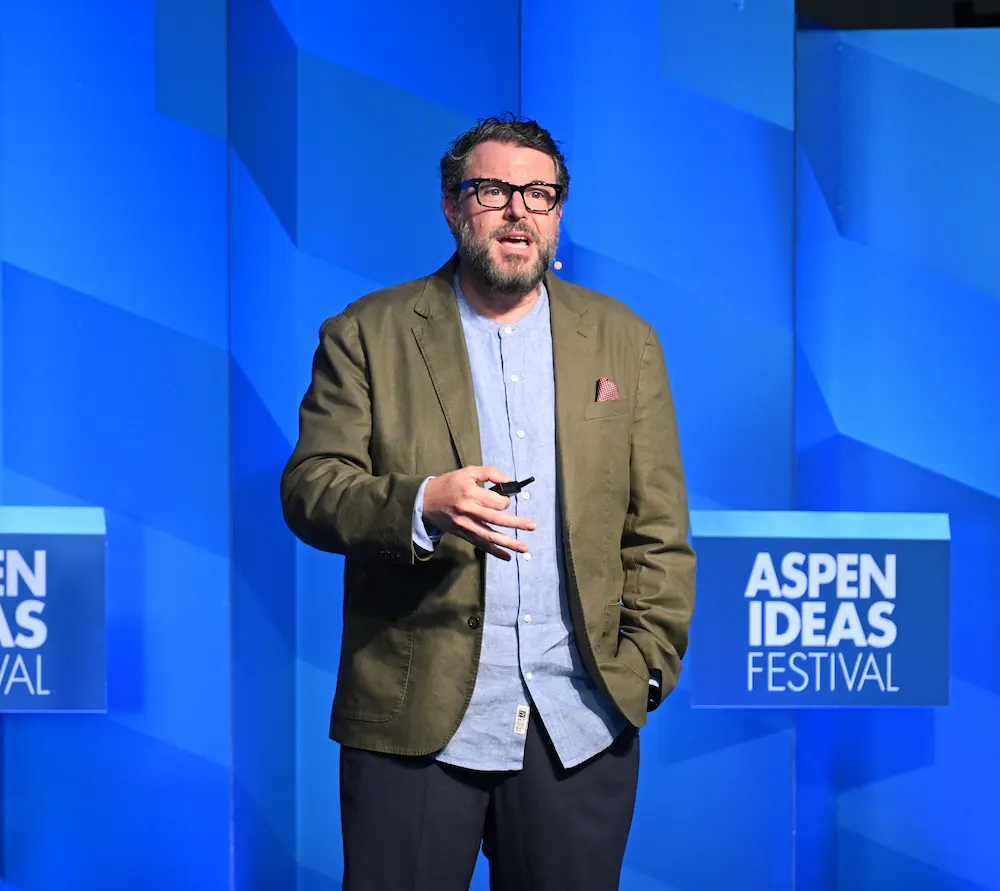
Charles has delivered keynote speeches to such audiences as…














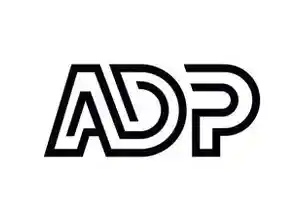

A note on speaking: As a journalist, I do not accept compensation, of any kind, from companies or interests I have written about, or might write about in the future.
Keynotes
Speech Topics
Potential lecture topics that can be customized to meet your requirements.
— Supercommunicators: The Science of Conversation and Connection
Why do some conversations succeed — while others fail? How does communication work within our brains, our families, our workplaces and our communities? This is a book about what happens inside our minds when we open our mouths and ears — and the surprising and unexpected reasons so much goes right and wrong.
Audiences will learn about CIA officers trying to recruit spies, marriage counsellors helping couples, NASA psychologists hoping to pick astronaut candidates by testing who can ‘hear’ emotions, and how Netflix discussed internal controversies over race. How do supercommunicators do what they do, and what can we learn from them about bridging divides?
With actionable advice, and fascinating stories, this keynote shows why the ability to speak clearly and listen closely — to figure out what is really happening inside our brains as we communicate — can make the difference between life and death.
— The Secrets of Being Productive in Life and Business
Productivity is often measured by the speed at which we tackle our to-do lists. Real productivity, however, comes from thinking differently: Managing how we identify goals, construct teams, direct our focus and make decisions.
In this lecture, Charles Duhigg looks at what separates the merely busy from the genuinely productive by exploring eight key critical concepts. With case studies from U.S. Marine Corps boot camp, the making of Disney’s Frozen, and how Google sought to build the perfect team, Duhigg explains how people and companies become smarter, faster and better.
— Agile Management & Commitment Cultures
Drawing on in-depth research, Charles Duhigg looks at two fundamental approaches to managing others: Decentralizing decision-making and creating commitment cultures based on trust.
By looking at how the FBI used the Toyota Production System to solve a kidnapping case, Duhigg describes what happens when decision-making is transferred to those closest to the problem, with results sure to astound companies from any industry.
— Idea Brokers and Creative Desperation — Boosting the Creative Process
Accelerating innovation is a key goal for almost any company. But innovating on a deadline can be torturous — unless you understand how creativity works.
In this fascinating lecture, Charles Duhigg looks at the making of Disney’s Frozen, a film on the brink of collapse until one small shift helped spur a creative breakthrough that led to one of the highest grossing movies in history.
With multiple case studies, Duhigg explains that improving the creative process relies on intellectual middlemen — or ‘idea brokers’ — who help us establish the right creative tensions, see old ideas in new ways, and ensure that the thrill of breakthrough doesn’t blind us to better alternatives.
— The Power of Habit
In this keynote lecture, Charles Duhigg begins by exploring the science of habit formation, illustrating why we do what we do and how we can change it.
Duhigg explains why the most powerful habits have emotional cores, and how tweaking even one habit can have staggering effects.
Duhigg draws from a number of current case studies—including the success of Febreze, how Starbucks trains employees in willpower habits, how organizational habits contributed to a tragic subway fire, and others—customizing them to his specific audience.
— Big Data
Charles Duhigg discovered that Target, using Big Data, built a predictive model so precise it could tell when shoppers were pregnant — sometimes, even before their parents knew.
Increasingly, algorithms and data drive business decisions. At the heart of these models is a basic question: why do customers habitually return to certain products and services? And how can companies influence those choices?
Drawing on stories from multiple industries, Duhigg delivers riveting insights into how companies predict and control habits and ultimately know what customers want before they themselves do.
